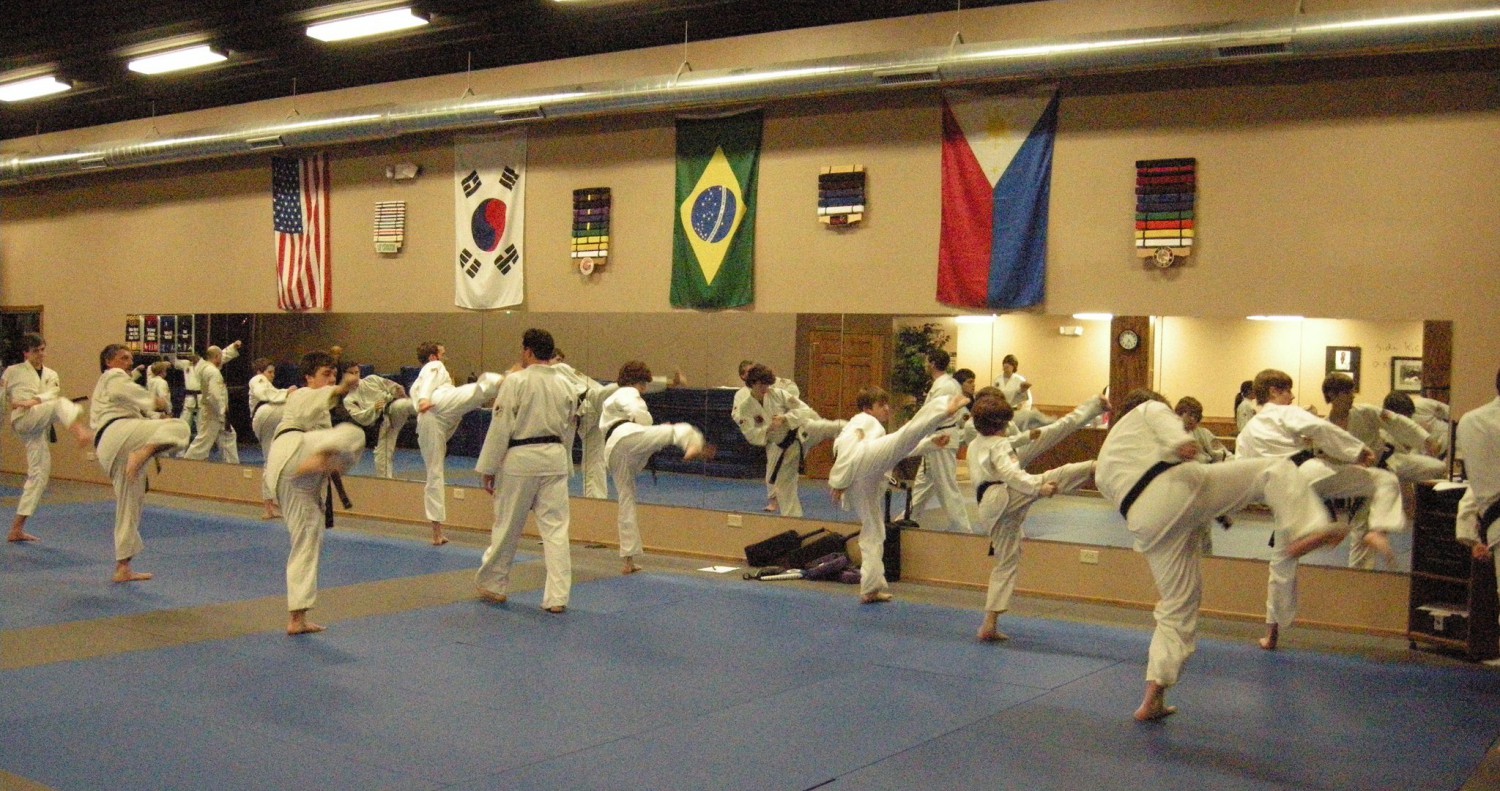Recently we were informed that someone had decided to “retire” from the martial arts. The official date was set and a cake was even planned. Now, this person has been a long time student and contributor/supporter in many ways. I certainly didn’t want to see this person go, but being informed of his “retirement” didn’t sit well with me. I informed our black belt leadership of the decision, and to a person, they all had the same reaction to the announcement– “So he is quitting?” Yeup, pretty much.
If the martial arts are a lifestyle, then you don’t retire from it. You might walk away from the path, but most of the time it is a choice. You choose to stop walking it; you quit walking it. There are perhaps a few exceptions, where age, injuries or other factors may force you to give up a component of the martial arts.
For example, you can retire from competition. You reach an age where you cannot remain competitive. Where the fire to do the grind, to be at a competitive level, no longer burns. Maybe you have been there, done that, and it is no longer a priority for you. You can retire from competition. But then again, there are divisions for the those in similar situations: senior, masters, or my favorite term—executive division.
Sometimes, serious injuries or medical issues force you on the sidelines. You can be forced into retirement on account of those injuries. I am not talking about a lot of nagging injuries or a daunting rehab…but a back that no longer works, or concussions have mounted up to a dangerous point. I can understand why people choose to walk away at that point. But ask Mrs. Yoshida or Ms. Petraits about doing martial arts on bad knees. I know people who can’t spar or break because they are on blood thinners, but that doesn’t stop them from doing forms or other things. There are typically modifications for safety, and components of the martial arts that you can still do. Or you can move to something softer. For example, we have had students whose knees couldn’t hold up in TKD anymore, but found they could move more pain free in most of the stickfighting drills.
I guess in theory you can retire from the business of martial arts. I often joke but am also sincere when I say I really don’t have an exit plan for this business. I have long suspected it will be like the scene in Forest Gump when he stops running. Where in the middle of the desert, leading a large group of people running with him, he stops dead in his tracks and just announces that he is done and is going home. I suspect it will be like that. I think I will turn around and announce classes are over, go home now. But the bonds in class and the responsibility to our students would make that a very hard decision. I know of only a couple of lifelong martial artists who gracefully retired and actually stayed away. Most all other “retirees” stay involved in one form or another. I do know plenty of long time martial artists who did eventually quit. You might ask what the difference really is….like the old line goes, I can’t define it but I know it when I see it.
You frequently see the adage that a black belt is a white belt who didn’t quit; you will never see the adage that a black belt is a white belt who didn’t take early retirement. How does the same phrasing not apply to a 1st dan to 2nd dan? Or a black belt to master? Or a master to a grandmaster? Paths or lifestyles are not retired from. They are embraced and subsequently unembraced. Admittedly sometimes circumstances can force our hand…but these can be detours on our martial arts journey, not roadblocks. More often than not, there are modifications or changes we can make that allow us to continue on the path. Just because you can no longer do a certain component of the martial arts doesn’t mean you can no longer be a martial artist. That is like saying a preacher who steps down from the pulpit is no longer a believer. But if he walks away from the faith entirely, we wouldn’t call it retirement.
I certainly understand that there are very few “lifers” out there. People have different seasons in their lives, and priorities and demands change over the course of time. I am not condemning our former students or training partners who have had legitimate reasons to quit over the years. We can still be friends, and in the case of many that have drifted away, I still remember them fondly. But let’s call it what it was. And no, we don’t have cakes to celebrate quitting, no matter what other term you use to describe it.

